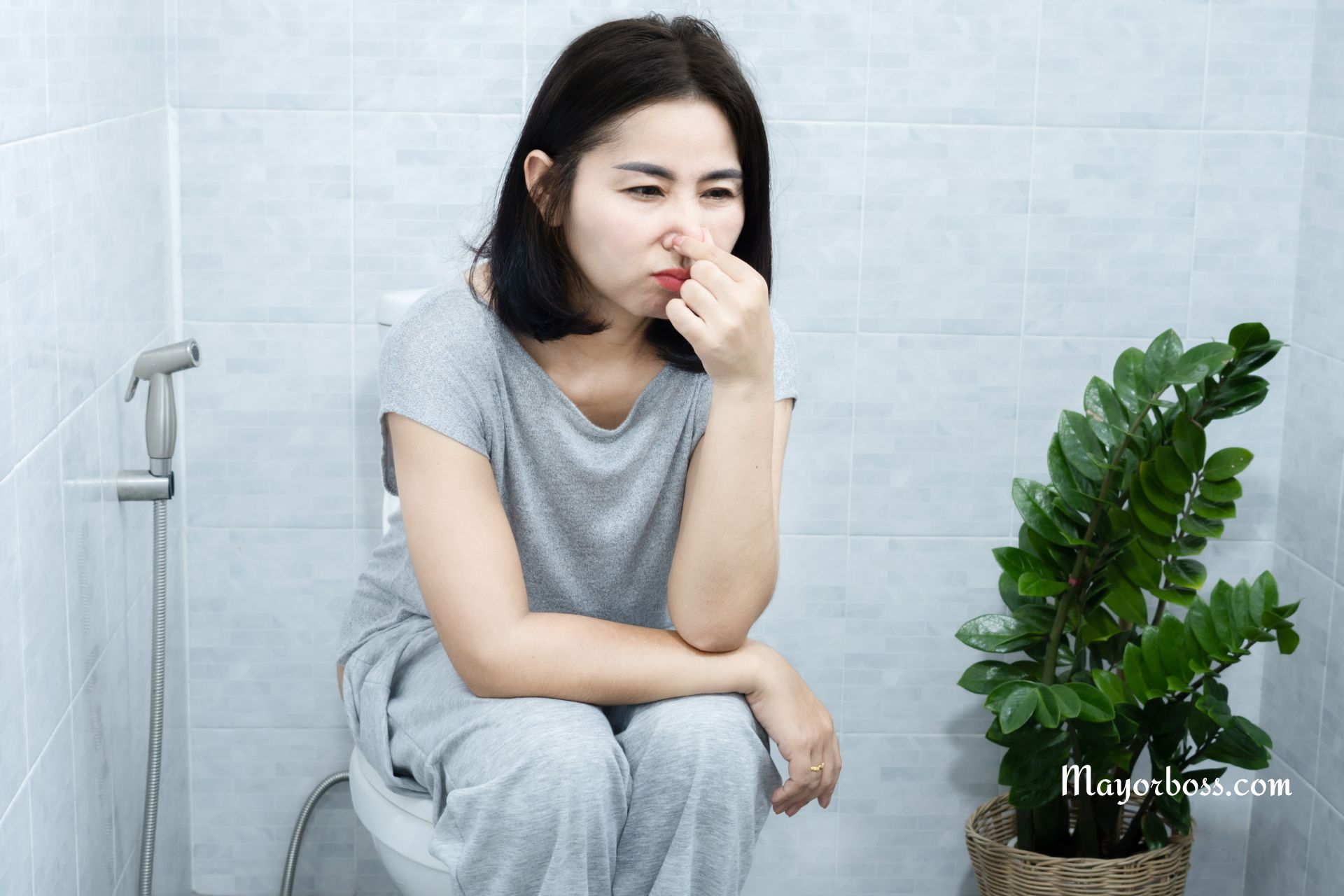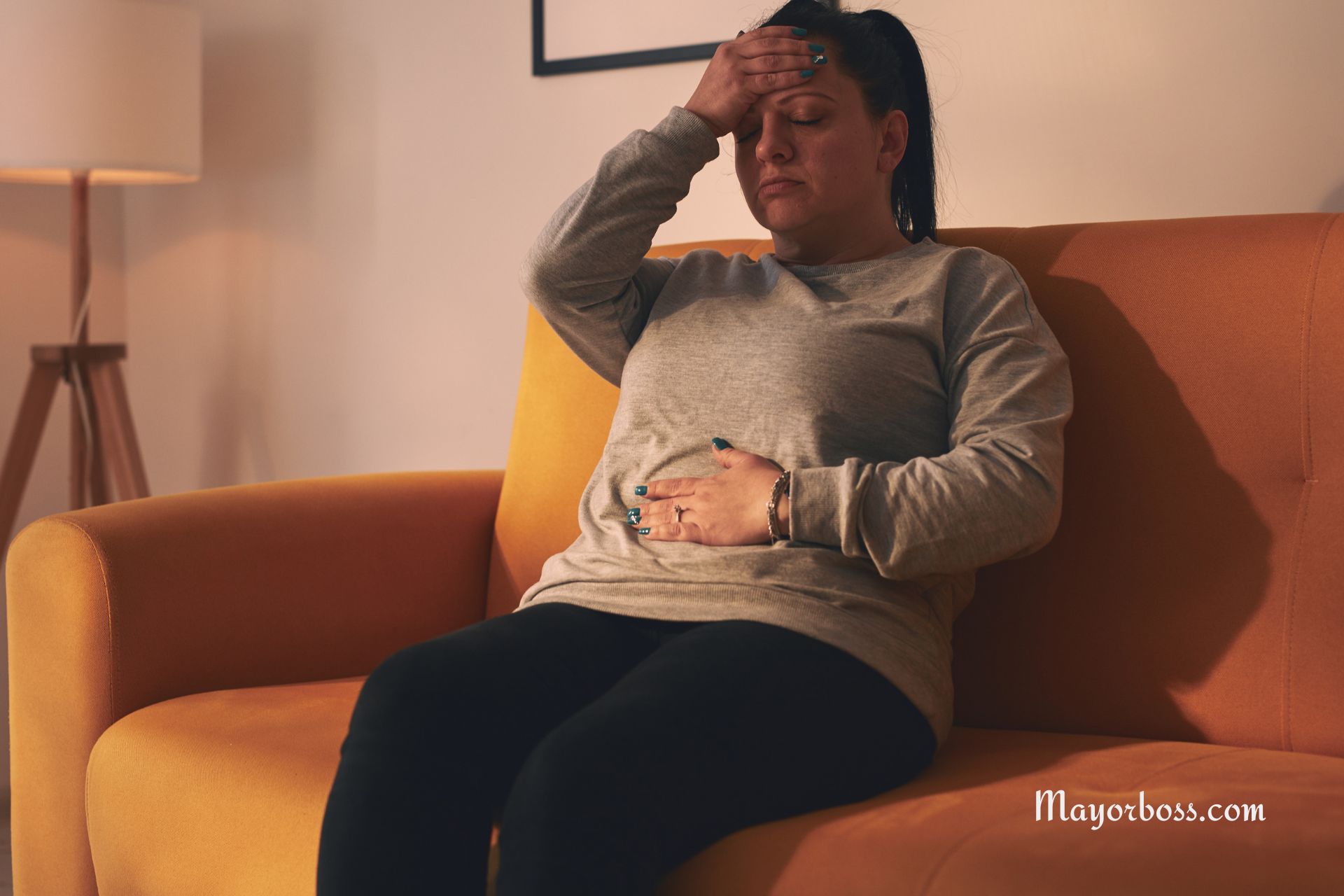5 Unusual Signs of Colon Cancer That Many People Have Mistakenly Ignored For Years
Colon cancer starts in the large intestine. It usually develops slowly and does not manifest symptoms for a long time. Many people know the common signs of colon cancer, such as blood in the stool or changes in bowel habits. However, some signs may be less clear. Recognizing these unusual signs can help you get checked early, which makes treatment easier.

1. Unexplained Iron Deficiency Anemia
Iron deficiency anemia means your body does not have enough iron to make red blood cells. In adults, anemia usually happens for a clear reason. When anemia shows up without a known cause—especially in men or women after menopause—it could be a sign of hidden bleeding in the digestive system.
A slow bleed from a colon cancer tumor can cause anemia. You might not see blood in your stool. Instead, you may feel tired or weak, short of breath, have headaches, and noticeably pale skin. Regular blood tests can show anemia before other symptoms appear. If you have anemia with no clear reason, your doctor might suggest a colonoscopy or other tests to look for a source of bleeding.
2. Changes in Stool Shape and Consistency
A change in how your stool looks can be a sign of colon cancer. One unusual sign is pencil-thin or narrow stools. A tumor in the colon can block part of the bowel. This blockage makes the stool come out in a narrow shape.
It is important to notice if your bowel habits change. A single change might be due to diet or stress. But if the change lasts for several weeks, see a doctor.
3. Persistent Gas, Bloating, and a Feeling of Fullness
Many people have gas and bloating after eating certain foods. When these symptoms happen often and last for weeks, they may be a sign of a problem. A tumor in the colon can block the passage of gas. This blockage causes gas to build up and a feeling of fullness, even after a small meal.
These symptoms are different from common indigestion. They do not go away with changes in diet or over-the-counter medicines.
4. Unexplained Fatigue and Weakness
Many health issues cause fatigue and weakness. When you feel very tired for no clear reason, it should be checked. In colon cancer, fatigue can happen because of small amounts of blood loss over time. This blood loss can lead to anemia and low energy.
This type of tiredness is not the usual sleepiness you feel after a long day. It is a constant feeling of being worn out.
5. Vague Abdominal Discomfort or Pain
Abdominal pain is common. It can be caused by many different things. With colon cancer, the pain may be vague or hard to locate. The pain is usually dull and not very strong. Because the pain is not sharp or very specific, it is easy to ignore or mistake for other issues.
If you have a stomach ache or discomfort that lasts for several weeks, you should talk to your doctor. Even if the pain seems mild, it is best to get it checked. Your doctor can perform tests to see if there is a problem in your colon.
What to Do if You Notice These Signs
If you notice one or more of these signs, do not panic. These signs do not always mean you have colon cancer. They can also be caused by other conditions. However, if the symptoms last for several weeks, it is a good idea to talk to your healthcare provider.
Your doctor may recommend screening tests such as a colonoscopy. A colonoscopy is a test that lets the doctor look at your colon using a small camera. This test can find cancer early when it is easier to treat.
Taking Charge of Your Health
Regular check-ups are important. They help find problems before they become serious. If you have a family history of colon cancer, you should be especially careful. Other risk factors include a poor diet, a sedentary lifestyle, and obesity. By keeping a healthy lifestyle, you may lower your risk of colon cancer.
A healthy diet rich in fruits, vegetables, and fiber can help your colon stay healthy. Exercise also helps improve your overall health. Avoiding tobacco and limiting alcohol use are good choices for keeping your body in good shape.
Takeaway
Colon cancer can be hard to detect in its early stages. The signs can be subtle. Unexplained iron deficiency anemia, changes in stool shape, persistent gas and bloating, unexplained fatigue, and vague abdominal pain are signs that should not be ignored.
If you notice any of these symptoms for several weeks, please see your doctor. Early detection gives you the best chance for effective treatment. Taking care of your health and getting regular check-ups can help you catch problems early. Stay aware of your body and speak with a healthcare provider if you have any concerns.






